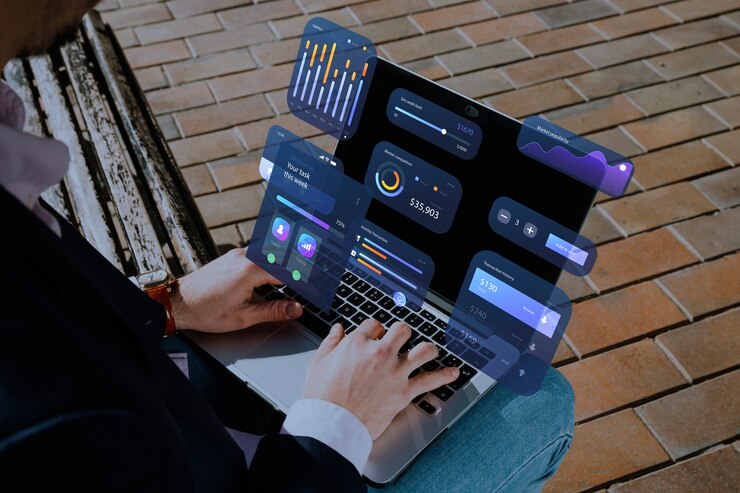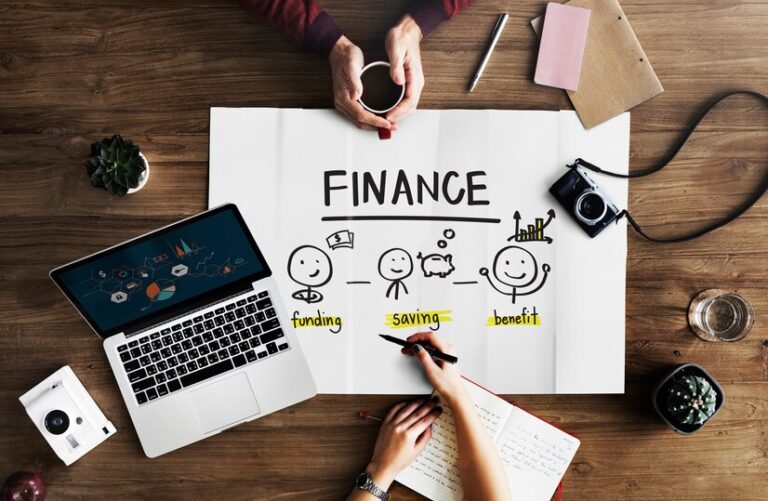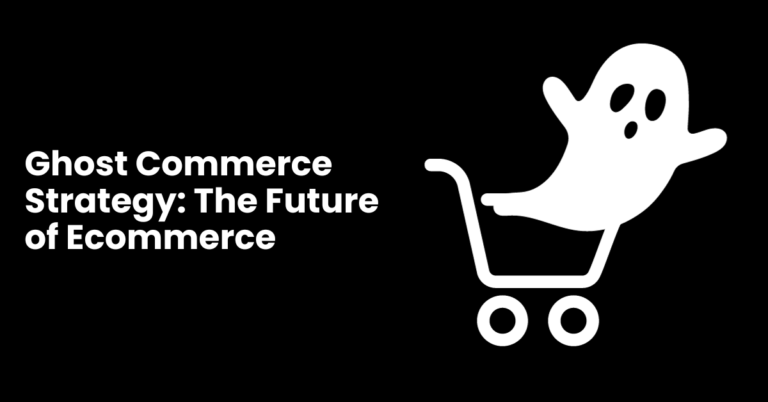Personal Dashboard: Streamlining Your Life with Technology
In our fast-paced world, managing various aspects of life can often feel overwhelming. From keeping track of work tasks to personal goals, it can be challenging to stay organized. This is where a personal dashboard comes in. A personal dashboard is a digital interface that consolidates information from various sources, allowing users to monitor and manage their lives more effectively. In this article, we will explore the concept of personal dashboards, their benefits, key features, and how to create one tailored to your needs.
What is a Personal Dashboard?
A personal dashboard is a centralized digital workspace that allows individuals to visualize and track information in real-time. It can incorporate data from various sources, including calendars, project management tools, social media accounts, and fitness trackers. By presenting this information in a clear and concise format, a personal dashboard empowers users to make informed decisions and manage their time and resources more effectively.
The Importance of Personal Dashboards
In today’s digital age, the amount of information available can be both a blessing and a curse. While technology offers us tools to simplify our lives, it can also lead to information overload. A personal dashboard helps cut through the clutter, providing a streamlined view of essential data. Here are a few reasons why personal dashboards are crucial for personal productivity:
- Enhanced Organization: By centralizing data, users can easily access important information without switching between multiple apps or platforms.
- Improved Decision Making: A well-designed dashboard provides real-time insights, enabling users to make informed decisions quickly.
- Time Management: With an overview of tasks and deadlines, users can prioritize effectively and allocate their time wisely.
- Goal Tracking: Personal dashboards can help individuals set and track personal or professional goals, keeping motivation high.
Key Features of a Personal Dashboard
When creating a personal dashboard, certain features can significantly enhance its effectiveness. Here are some essential components to consider:
Customizable Layout
A personal dashboard should be customizable, allowing users to arrange widgets and elements according to their preferences. This personalization makes it easier to access the information that matters most.
Integration Capabilities
To maximize efficiency, a dashboard should integrate with various applications and services. This could include email, task management tools, calendars, and even social media platforms. The more integrated your dashboard is, the less time you’ll spend switching between apps.
Real-Time Data Updates
For a dashboard to be effective, it needs to provide real-time updates. Whether it’s tracking your daily tasks or monitoring social media activity, having the most current information is crucial for effective decision-making.
Visual Analytics
Data visualization is key to understanding complex information quickly. A personal dashboard should include graphs, charts, and other visual aids to make data interpretation easier.
Mobile Accessibility
In a world where we’re constantly on the move, having a mobile-friendly dashboard is essential. Ensure that your personal dashboard is accessible on various devices, including smartphones and tablets.
Task Management Tools
Integrating task management features allows users to create, assign, and track tasks directly from their dashboard. This can include to-do lists, deadlines, and progress tracking.
Benefits of Using a Personal Dashboard
Adopting a personal dashboard can bring numerous advantages to both your personal and professional life. Here are some key benefits:
Increased Productivity
With a comprehensive view of your tasks and priorities, you can focus on what matters most, eliminating distractions and enhancing overall productivity.
Better Work-Life Balance
By managing tasks, appointments, and personal goals in one place, you can allocate time more effectively, leading to a healthier work-life balance.
Enhanced Focus
Personal dashboards help you focus on your immediate goals while keeping long-term objectives in sight. This focus can boost motivation and drive progress.
Simplified Communication
For those collaborating with teams or family members, personal dashboards can streamline communication, ensuring everyone is on the same page regarding tasks and deadlines.
How to Create Your Personal Dashboard
Creating an effective personal dashboard involves several steps. Here’s a step-by-step guide to help you build one that suits your needs.
Define Your Goals
Before diving into design and features, take a moment to outline your goals. What do you want to achieve with your dashboard? Identifying your objectives will guide the design and functionality.
Choose the Right Tools
There are numerous tools available for creating personal dashboards. Some popular options include:
- Trello: Great for task management with visual boards.
- Notion: Highly customizable with database capabilities.
- Microsoft Power BI: Excellent for data visualization and analytics.
- Google Data Studio: A user-friendly tool for visualizing data from various sources.
Design Your Layout
Once you’ve chosen your tool, start designing your layout. Consider what information you want to display and how best to arrange it. Focus on creating a clean, intuitive interface that prioritizes ease of use.
Integrate Your Data Sources
Connect your dashboard to the applications and services you use regularly. This might include your email, calendar, task management tools, and any other platforms relevant to your daily life.
Set Up Real-Time Updates
Ensure your dashboard is set up to receive real-time updates. This feature is essential for staying informed about changes in your tasks, deadlines, or any other critical information.
Regularly Review and Adjust
As your goals and needs change, so should your dashboard. Regularly review its effectiveness and make adjustments as necessary to ensure it continues to meet your requirements.
Popular Personal Dashboard Tools
Several tools are specifically designed for creating personal dashboards. Here are some popular options:
Notion
Notion is a versatile tool that allows you to create customizable dashboards with databases, kanban boards, and more. Its flexibility makes it suitable for various personal and professional needs.
Trello
Trello is an intuitive task management tool that uses boards and cards to help you visualize your tasks. It’s particularly effective for team collaboration but can also serve as a personal dashboard.
Google Data Studio
If data visualization is your priority, Google Data Studio is an excellent choice. It connects to various data sources and offers powerful visualization capabilities.
Microsoft Power BI
For users looking for advanced analytics and reporting, Microsoft Power BI is a robust option. It’s particularly beneficial for those managing large datasets.
Conclusion
A personal dashboard can revolutionize the way you manage your life, providing a centralized platform to visualize and track essential information. By integrating various data sources and utilizing key features, you can enhance your productivity, improve time management, and achieve your personal and professional goals more effectively. Whether you choose to build your dashboard from scratch or leverage existing tools, the benefits of having a personalized space to organize your life are undeniable. Embrace the power of a personal dashboard and take the first step toward a more organized, balanced, and productive life.
FAQs
What is a personal dashboard used for?
A personal dashboard is used to consolidate and visualize information from various sources, allowing users to manage tasks, track goals, and make informed decisions.
Can I create a personal dashboar’d for free?
Yes, there are several free tools available, such as Trello and Notion, that allow you to create personal dashboards without any cost.
How can a personal dashboard improve my productivity?
By providing a centralized view of your tasks and priorities, a personal dashboard helps you focus on what matters most, streamlining your workflow and reducing distractions.
Is it difficult to set up a personal dashboard?
Setting up a personal dashboard can vary in difficulty depending on the tools you choose and the complexity of your needs. Many tools offer user-friendly interfaces and templates to simplify the process.
Can I access my personal dashboard on mobile devices?
Most modern personal dashboard tools are designed to be mobile-friendly, allowing you to access your information on smartphones and tablets for convenience.







